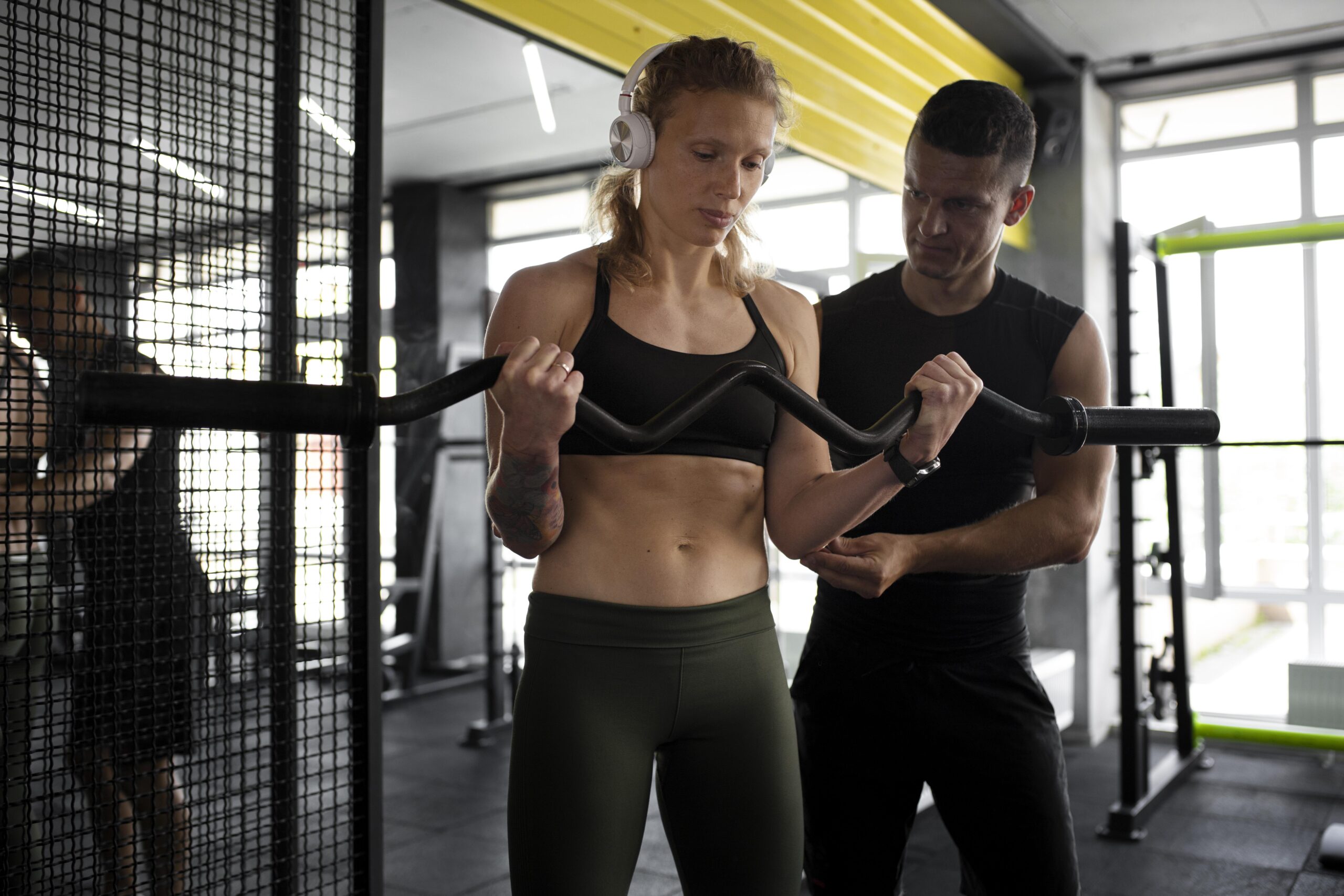
Accelerate Exercise Learning and Improve Your Results
Maximizing efficiency in our daily activities is essential. This applies particularly intensely to the field of physical exercises. Learning to optimize your training routine not only saves time but can also lead to significant improvements in the quality of results.
So, let’s explore the best strategies that enhance your exercise learning process and ensure much healthier performance – all of this in the short term.
Learn Physiologically and Mentally About Your Exercises
Modern neuroscience offers valuable insights into how we learn new skills, including physical activities. The human brain is incredibly adaptable and capable of the phenomenon known as neuroplasticity, which is the regeneration or transformation of neurons. Thus, when we learn new exercises, we are literally reconfiguring neural connections to accommodate and optimize these skills.
Invest Time in Deliberate Practice
The concept of deliberate practice is fundamental. This means training with a specific goal in mind, rather than mindlessly repeating movements. Each training session should have a clear focus, whether it’s improving technique, increasing endurance, or enhancing strength in a specific area.
Surprisingly, music can be a significant distractor. Therefore, make sure your focus is on the exercise, not on headphones.
Test and Seek Feedback
Feedback, whether from a coach or through self-assessment, is crucial for progress. Recording workout videos, for example, can reveal nuances in form and technique that can be improved.
Test your abilities. Observe yourself. Get into the habit of comparing your exercise with the “Standard Model” from videos or your personal trainer. The more you identify your deficiencies, the easier they will be to correct.
Studies like those by Kiss & Böhme (2003) emphasize the importance of investigating specific motor skills for each sport. Additionally, the use of technologies like video systems for performance analysis in sports such as soccer and basketball is a practical example of how feedback can be effective in improving technique and performance.
Diversify
Incorporating a variety of exercises can prevent stagnation and stimulate different muscle groups. Variation not only keeps training interesting but also challenges the body in new ways, promoting broader learning.
Studies divide physical-sports training into areas such as motor skill development, highlighting the importance of variation. For example, evaluating motor strength and its application in different sports illustrates how this change in training can benefit different aspects of activity.
For instance, if you want to surf, then working on leg muscles at the gym will be crucial. Just as the core strength and other groups used during surfing.
Rest
Rest is as important as training itself. Proper recovery allows the body to repair and strengthen, making learning more efficient. The inclusion of recovery techniques such as stretching, massage, and adequate sleep is vital.
Eat Well
A balanced diet provides the necessary nutrients for performance and recovery. Personalized nutrition that caters to an individual’s specific training needs can accelerate the exercise learning process.
Work the Mind
Mindset plays a crucial role. Intrinsic motivation and setting realistic yet challenging goals maintain focus and determination. Visualization and mindfulness techniques can help with concentration and overcoming mental barriers.
Accelerating learning in physical exercises and improving results is a multifaceted process that involves not only physical practice but also considerations about rest, nutrition, mindset, and the application of research-based strategies. Adopting these approaches can lead to noticeable improvements in your training regimen, bringing lasting benefits to health and well-being.
Sooro Renner – Nutrition that Generates Results.